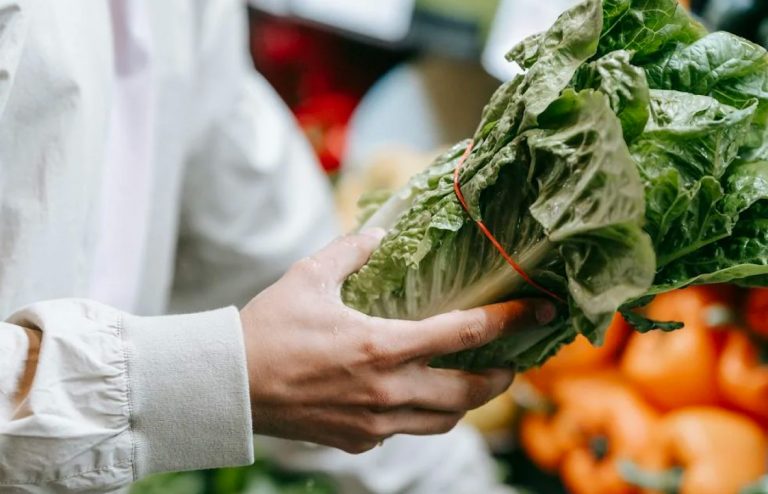We might know the potential health consequences of excessive sugar consumption—from frustrating digestive system symptoms, hormone imbalances, fat stored in the liver that disrupts all sorts of processes, high cholesterol, an appetite that feels like it won’t switch off, brain fog, and body fat that’s hard to shift, to an increased risk of type 2 diabetes, mood disorders and heart disease. Despite this, too many of us can’t seem to stop eating more than we know is good for our health.
The average daily intake of sugar for adults is around 37 teaspoons(New Zealand, 2021). To put that in perspective, imagine sitting down with a cup full of table sugar and munching down 37 teaspoons in one hit. Makes you feel a little sick, doesn’t it?
In part we are eating so much sugar because it is regularly added to processed, premade and packaged foods. Unless you’re reading the ingredients list and actively avoiding or minimising your intake of processed foods, you may be eating even more than you realise. Yet, it’s also because we’re hooked on this addictive substance.
Research indicates that sugar activates the same pleasure/reward centres of the brain as some highly addictive substances. And regular consumption can lead to compulsive behaviour. Plus, every time we consume sugar, we are strengthening those neural pathways—hardwiring our brain to crave sugar, while desensitising our taste buds to sweetness, so we end up consuming more without realising it. Sugar is readily available and socially acceptable. This makes it harder to avoid than some other addictive substances which is why you may struggle to walk down the sweets aisle in the supermarket without putting something into your trolley.
Like anything, breaking a sugar addiction takes time—how long depends on numerous factors including your unique biochemistry and how long and how significantly sugar has featured on your menu until now. Your ‘why’ for quitting also has an impact.
One simple way to curb your sugar intake is to start increasing your intake of whole real foods. For many, the focus on including ‘more’ of instead of ‘less of’ something removes the feeling of deprivation that comes from cutting something out. Plus, consuming more bitter foods (which most vegies are) will begin to reset your palette, helping to re-sensitise your taste buds to require less intense sweetness.
In the labyrinth of human emotions, there’s a subtle art to recognising what we truly feel beneath the surface buzz of our daily lives.









